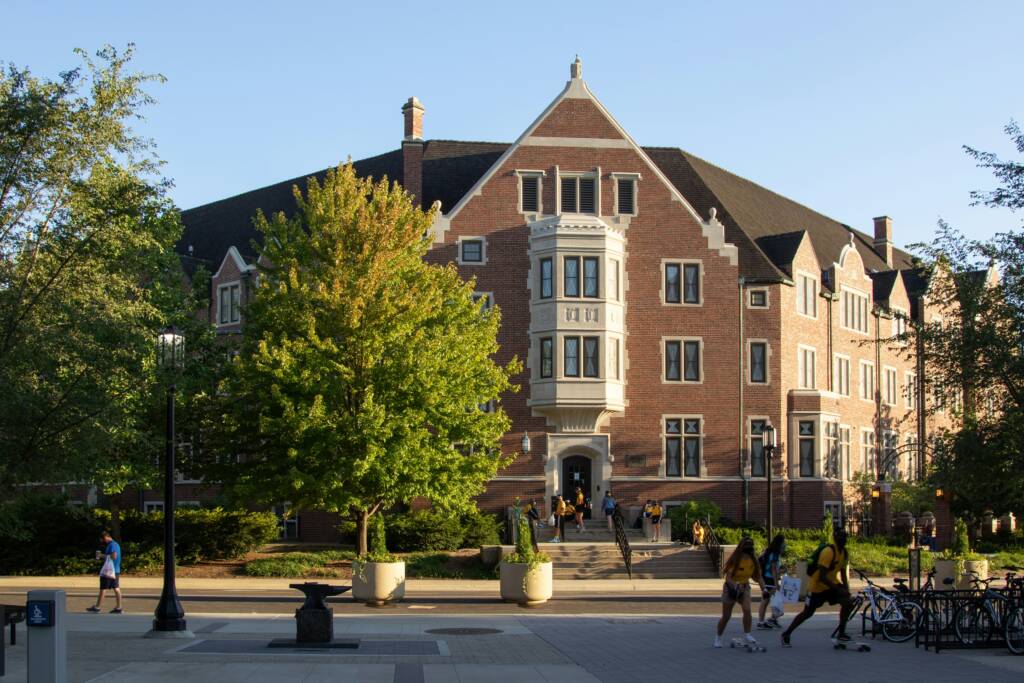Howard University: A Legacy of Excellence and a Future of Trailblazers


Howard University, a historically Black university (HBCU) located in Washington, D.C., stands as a beacon of academic achievement and a testament to the enduring pursuit of knowledge and equality.
Howard University was established on March 2, 1867, through an act of the U.S.
Throughout its distinguished history, Howard University has nurtured and graduated a multitude of individuals who have gone on to achieve national and international acclaim across various fields.
- Kamala Harris: The first female Vice President of the United States.
- Thurgood Marshall: The first African American Supreme Court Justice and a pivotal figure in the Civil Rights Movement.
- Toni Morrison: Nobel laureate and Pulitzer Prize-winning novelist.
- Chadwick Boseman: Acclaimed actor known for his iconic roles, including Black Panther.
- Phylicia Rashad: Tony Award-winning actress and Dean of Howard University’s Chadwick A. Boseman College of Fine Arts.
- Zora Neale Hurston: Influential author and anthropologist of the Harlem Renaissance.
- Elijah Cummings: Esteemed U.S.
Congressman and civil rights advocate. - Roberta Flack: Grammy Award-winning singer.
- Taraji P. Henson: Academy Award-nominated and Golden Globe-winning actress.
- David Dinkins: The first African American Mayor of New York City.
- Debbie Allen: Award-winning actress, dancer, choreographer, director, and producer.
- Andrew Young: Civil rights leader, former U.S. Congressman, and U.S. Ambassador to the United Nations.
- Dr. Patricia Bath: Ophthalmologist, inventor of the Laserphaco Probe for cataract treatment, and the first African American female doctor to receive a medical patent.
The Howard University College of Medicine, founded in 1868, holds profound significance for medical students and graduates, particularly within the African American community.
- Addressing Health Disparities: The College of Medicine has a long-standing mission to train physicians to serve medically underserved communities and address health disparities that disproportionately affect minority populations.
Supportive Learning Environment: It provides a nurturing and empowering environment for students of high academic potential, with a particular focus on educating disadvantaged students for careers in medicine. - Emphasis on Compassionate Care: The curriculum emphasizes developing not only competent but also compassionate physicians equipped to handle the unique healthcare challenges faced by diverse communities.
Significance for Graduates:
- A Legacy of Service: Howard’s medical alumni form a substantial percentage of practicing Black physicians in the United States.
They carry forward the university’s legacy by providing critical healthcare services in areas with a shortage of medical personnel. Leadership in Medicine: Graduates often become leaders in medicine, research, and public health, contributing to the advancement of medical knowledge and the improvement of health outcomes for all. - Pioneering Research: The College is actively involved in research, especially concerning diseases and conditions that disproportionately impact African Americans and other minority groups.
Howard University Hospital serves as the primary teaching hospital, offering students invaluable hands-on experience in serving diverse patient populations.
Adding to its storied history, Howard University recently celebrated a remarkable achievement. In May 2025, the university honored its largest graduating class in its 157-year history.


